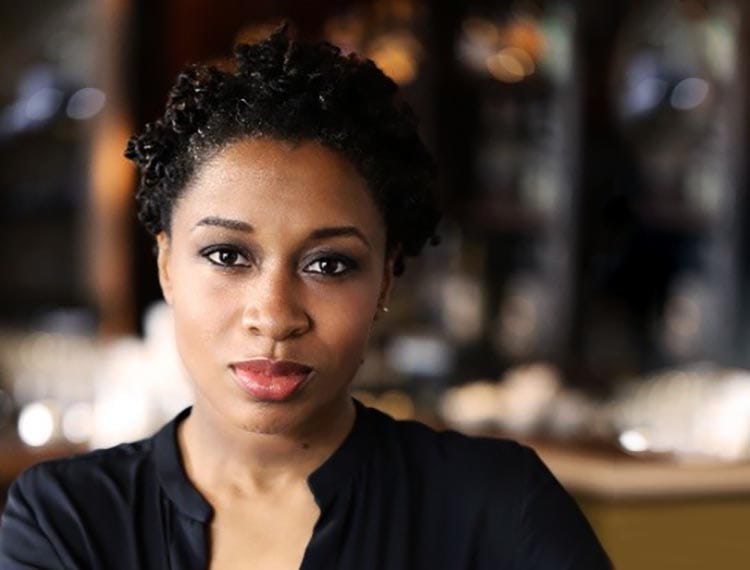Bullying and stereotyping blocking professorial path for female black professors in UK universities

Bullying and stereotyping blocking professorial path for black women, says report. A culture of bullying and stereotyping means black academics have to work harder and employ mentally draining strategies to try and get on.
The findings are part of a report, “Staying Power“, by Dr Nicola Rollock detailing the experiences of female black professors in UK universities released today (4 Feb) by the University and College Union (UCU):
There are only 25 black female professors* in the UK – they make up just 0.1% of all professors, compared to white men who represent two-thirds (68%) of professors. for UCU, interviews 20 of the 25 at length about their experiences of higher education.
Half of the 20 interviewees were born outside of the UK and a similar proportion had a career before moving into higher education. Respondents spoke of a culture where the route to professorship lacks transparency and values only certain forms of knowledge and achievement.
Some complaints – including huge workloads, the blurring of personal and work lives and an obsession with meeting targets – will resonate with many working in academia. However, the report provides a powerful insight into the extra pressures black women have to deal with, and try to manage.
Respondents talked about their experiences of explicit and passive bullying, clumsy stereotyping and the mentally draining strategies they need to devise and implement at speed just to cope. One professor explains how after “over preparing as usual” for a meeting she is still introduced by a senior white colleague as the student representative.
The report says improvements for black academics are not possible unless there is a fundamental shift in how race and racism are understood. UCU said universities need to rise to the challenge set out in the report not just to ensure support is there for the few black women who make it to professorial level, but to overhaul their promotion structures so there is genuine equality of opportunity.
UCU head of policy Matt Waddup said:
‘This report tells of a higher education system that is plagued by bullying and stereotyping, and forces black women to develop strategies just to cope. They don’t feel they can be themselves, yet also feel forced into the role of stereotype and role model.
‘We need to look at how to transform a system that black female professors say is riddled with unfairness and bias. That starts with an overhaul of promotion structures to ensure genuine equality of opportunity.’
Dr Nicola Rollock said:
‘Institutional statements expressing commitment to equality and diversity lack sincerity in the context of the findings. That these black female academics have reached professorship despite their experiences of racism, bullying and lack of support reflects their talent and sheer determination to succeed. Ambition should not be thwarted by discrimination.’
Dr Nicola Rollock is a Reader in Equity and Education in the Department of Educational Studies at Goldsmiths, University of London.
Academic staff by professorial category, gender and BME/white identity
Table 1: All staff
|
Ethnicity |
Number |
% |
|
White |
17130 |
90.4 |
|
BME total |
1820 |
9.6 |
|
Asian |
740 |
3.9 |
|
Black |
120 |
0.6 |
|
Chinese |
455 |
2.4 |
|
Mixed |
205 |
1.1 |
|
Other |
300 |
1.6 |
|
Total |
18950 |
100 |
Table 2: Female
|
Ethnicity |
Number |
% |
|
White |
4340 |
91.6 |
|
BME total |
400 |
8.4 |
|
Asian |
150 |
3.2 |
|
Black |
25 |
0.6 |
|
Chinese |
85 |
1.8 |
|
Mixed |
65 |
1.4 |
|
Other |
70 |
1.5 |
|
Total |
4740 |
100 |
Table 3: Selected groups and gender as % of total professors
|
Ethnicity & gender |
Number |
% |
|
White men |
12790 |
67.5 |
|
White women |
4340 |
22.9 |
|
BME women |
400 |
2.1 |
|
Black women |
25 |
0.1 |
UCU calculation based on Advance HE data
* Black refers to – black Caribbean, black African and other black background











Responses